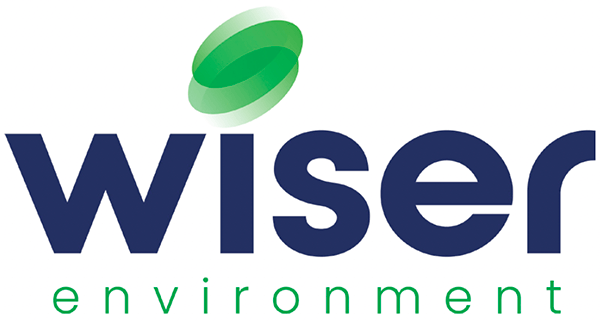A Somerset scrap dealer faces a £400,000 fine for operating an illegal waste site. The operator’s defence was that they were just repairing rather than dismantling vehicles. However, the authorities found evidence of illegal waste activities. This case has brought to light the importance of understanding and working within environmental regulations. To help provide guidance on this matter, Wiser Environment explains where the waste controls apply.
In March 2020, the Environment Agency (EA) published a press release about the prosecution of a Somerset scrap dealer. During the initial investigation, the EA found evidence of the operator dismantling vehicles. At this early stage, the EA advised that in order to undertake those activities the site needed an environmental permit. Observations indicated that the illegal waste activities continued.
In response, the EA and the local police established a joint task-force. With this extra enforcement support, new evidence came to light. Initially, the authorities discovered that the operator was insecurely storing dismantled vehicle parts on their site; increasing the risk of pollution and harm to human health. Furthermore, the operator was also found to be selling and exporting dismantled parts for profit. Even after a guilty plea in the original 2018 court case, the illegal activities continued. In 2020, the Somerset-based operator appeared before the Taunton Crown Court and now faces a fine of £400,000.
An EA spokesperson concluded:
“This prosecution is the result of a prolonged period of offending. We provided the defendant with advice and guidance over a number of years, yet he chose to ignore us and continued to dismantle vehicles at an illegal site. This gave him an unfair advantage over law-abiding operators and risked polluting the environment.”
What is an end-of-life vehicle?
End-of-life vehicles – commonly known as ELVs – are any motor vehicles that are classified as waste. Equally, the ELV’s components are also considered waste. This includes batteries, fluids, wheels and metal. Once classified as an ELV, it is then sent to an authorised treatment facility (ATFs). ATFs are also colloquially known as a scrap yard or a car breaker.
Here, the ATF will consider the ELV as hazardous waste; commencing the appropriate depollution and treatment process. Such processes require the correct environmental permit, planning permission and a scrap metal dealer licence.
Dismantling an ELV requires an environmental permit
Dismantling and removal of components from an ELV is classified as waste activity. In order to conduct this activity, an operator will require an environmental permit. For instance, standard rules permit “SR2015 No 17: vehicle storage depollution and dismantling authorised treatment facility” would allow for such activities. Under the SR2015 No 17 permit, a site can become an ELV depollution and dismantling ATF.
The SR2015 No 17 permit requires the operator to comply with a defined set of standard rules. These include:
- Follow an EA approved fire prevention plan and management system.
- Storing and treating the undepolluted ELVs on an impermeable surface with a sealed drainage system.
- Depollute the ELV prior to dismantling it.
- A depollution process that involves the removal of batteries, fuels, oil filters, wheels, tyres, catalytic converters, airbags and seatbelt pre-tensioners.
- When dismantling, the operator should conduct activities in a manner that promotes recycling.
- If the removed component is reusable without any further testing or repair, then that part ceases to be waste.
Depending on circumstances, a site may be unable to comply with the conditions of a standard rules permit. In this position, operators can work with Wiser Environment to find a suitable bespoke permit application.
Repairing vehicles under a U16 waste exemption
An element of the Somerset scrap dealer’s defence was that they were repairing vehicles rather than dismantling them. The EA’s article suggests that this defence failed to stand up in court. This is because the operator was found to be dismantling parts for profit. With that being said, there is a regulatory provision for sites that repair vehicles.
Under a U16 waste exemption, a site can restore and repair classic cars using parts from depolluted ELVs. Waste exemptions are for low-risk sites that are exempt from needing an environmental permit. Each waste exemption has a set of restrictions an operator must comply with. For example, if an operator was to repair classic cars then the U16 waste exemption would require:
- The site can only use ELVs that contain no liquids or other hazardous parts.
- A maximum of two ELVs on-site at any one time.
- Secure the storage of wastes on an impermeable surface and avoid causing pollution.
- The re-use operation can only take place on the site.
- The cannot dismantle and sell ELV components.
If the vehicle repair business is unable to meet all of the U16 requirements, then it must have an environmental permit.
Further environmental permitting advice from Wiser Environment
As the EA press release warns, waste site operators should understand how environmental permitting regulations affect them. Specifically, sites that dismantle ELVs must have an environmental permit. For more guidance and advice on environmental permitting and maintaining compliance contact Wiser Environment or call on 01480 462232.


